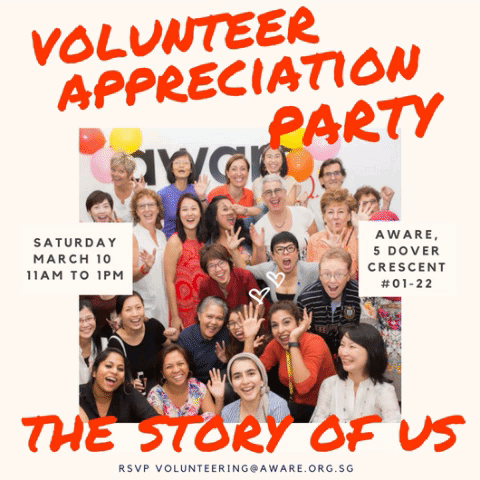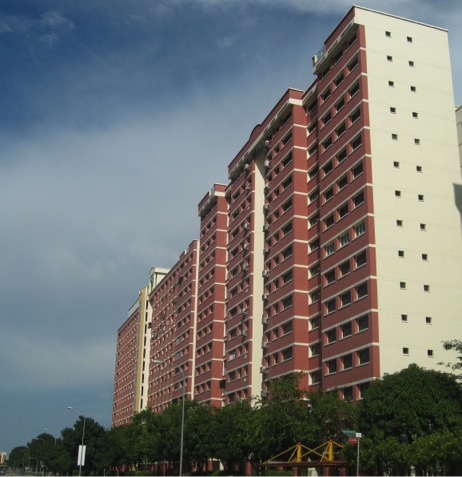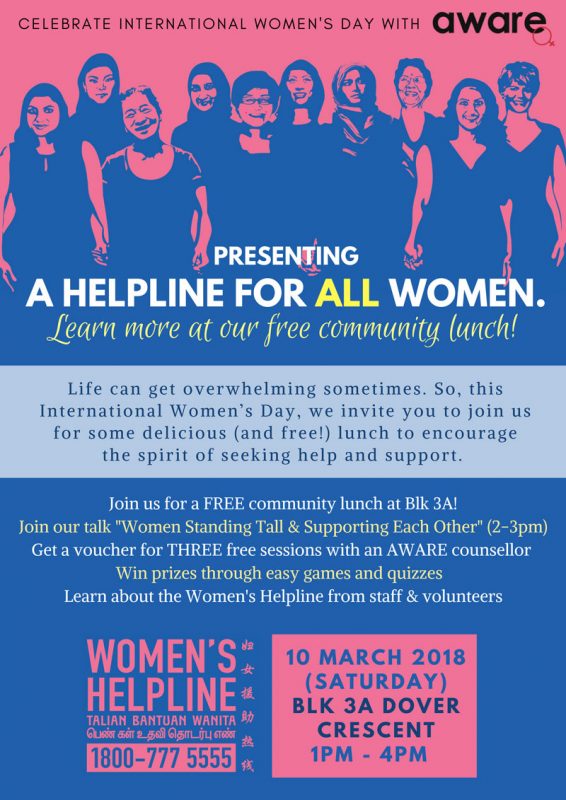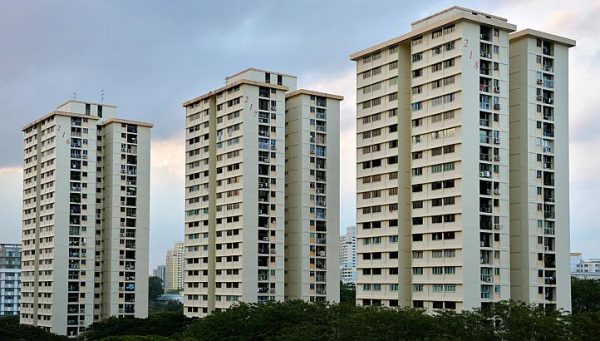 Civil society groups AWARE, Function 8, HOME, Project X, Think Centre, and TWC2 have serious concerns about the Public Order and Safety (Special Powers) Bill, which introduces wide-reaching police powers, including to potentially deploy lethal force and to stop communications, not just during terrorist attacks, but also during peaceful protests.
Civil society groups AWARE, Function 8, HOME, Project X, Think Centre, and TWC2 have serious concerns about the Public Order and Safety (Special Powers) Bill, which introduces wide-reaching police powers, including to potentially deploy lethal force and to stop communications, not just during terrorist attacks, but also during peaceful protests.
The Bill goes far beyond what is proportional to secure police operations against armed violence or hostage-taking. It treats peaceful protests in the same way as terrorist violence, but they are fundamentally different, as they are non-violent and do not threaten public safety. Moreover, given existing strict laws against assembly, law enforcement is already empowered to respond to them as they would any prohibited activity, and have done so – special powers are not needed.
The Bill’s powers can be activated in response to a “serious incident”, including both terrorist incidents and other acts “causing large-scale public disorder”. In the Bill, this includes “a sit-down demonstration for a cause”, which attracts “a large group of sympathisers” and threatens neither human life nor property.
A protest which gains sympathisers often reflects a serious social issue which would benefit from open dialogue. Law enforcement activities should be transparent, so that responsible policing is not only done, but also seen to be done. A communications blackout and a ban on independent documentation would instead heighten public distrust and undermine social cohesion.
We urge that the definition of “serious incident” be tightened so that peaceful protests are not included. We are also concerned that “large-scale public disorder” is not bound by any minimum threshold, and seek clarity as to the size of an assembly that could qualify.
Moreover, we are concerned that powers and offences under the Bill are defined too broadly, which can generate confusion and harm the ability of individuals to gather and share important information during a “serious incident”.
The communications stop order can ban not only the live broadcast of police operations, but also the sending of any films, pictures, text or audio about police operations, or the making (without sharing) of “relevant films and pictures” which are “wholly, partly or incidentally about” the “target area”. This would cover, for example, sending messages to family about movements affected by a police cordon, or taking pictures of a suspicious-looking person or item. This would stop people from communicating to their families to reassure them or let them know what is happening to them during a serious incident. More importantly, the public would not be able to send the police information that may be useful to the police.
It is particularly puzzling why there should be a ban on making films and pictures, even if there are operational reasons for preventing their immediate broadcast. As no justification has been advanced for this, this particular power gives rise to fears of undocumented abuse of police powers. Indeed, if disputes later arise as to police actions, the police would benefit from independent documentation, which they can point toward to strengthen public faith and confidence in their decisions.
It also raises constitutional questions about the separation of powers, because under the 1985 Public Order (Preservation) Act, Parliament can annul the decision to invoke special powers, but the current Bill does not allow for this.
This is a Bill with ramifications for civil society. Peaceful assembly is already outlawed in Singapore. The introduction of another Bill to provide the police with powers to potentially act oppressively against protestors casts a broader chilling effect on civil society. We cannot always assume that all future Governments will act with as much restraint as today’s Government. Civil society is an important check and balance to ensure good governance, and we should be careful not to enact laws that have the effect of undermining this mechanism.
The Bill had its first reading on 27 February. The second reading will take place on 19 March, less than a month later. We hope that parliamentarians will robustly debate the Bill when it comes before them, and that the Government will allow time for public consultation on the scope of the Bill, and the special powers it confers to the police.






 We have some good news – on Tuesday, the Minister of National Development announced that the HDB will remove its 3-year time-bar policy for divorced parents to buy subsidised flats. From 6 March, both parents in a divorce will be able to buy or own a subsidised flat each, as long as they are eligible to do so.
We have some good news – on Tuesday, the Minister of National Development announced that the HDB will remove its 3-year time-bar policy for divorced parents to buy subsidised flats. From 6 March, both parents in a divorce will be able to buy or own a subsidised flat each, as long as they are eligible to do so. If you call 1800-777 5555, a professionally trained AWARE “Helpliner” will be on the line to be your listening ear. She will provide you with emotional support, information and referrals to other help centres – all at no cost.
If you call 1800-777 5555, a professionally trained AWARE “Helpliner” will be on the line to be your listening ear. She will provide you with emotional support, information and referrals to other help centres – all at no cost.  AWARE (Association of Women for Action and Research) and DPA (Disabled People’s Association) welcome the Government’s move to amend the Employment Act (EA) to remove the salary cap so that it covers all workers, and to transfer the hearing of wrongful dismissal claims from the Minister for Manpower to the Employment Claims Tribunal (ECT).
AWARE (Association of Women for Action and Research) and DPA (Disabled People’s Association) welcome the Government’s move to amend the Employment Act (EA) to remove the salary cap so that it covers all workers, and to transfer the hearing of wrongful dismissal claims from the Minister for Manpower to the Employment Claims Tribunal (ECT).  Gender equality group AWARE commends the Government’s move to lift the three-year time-bar imposed on divorced couples for purchase of subsidised housing, urging the state to apply the removal to all, regardless of their care and control arrangements.
Gender equality group AWARE commends the Government’s move to lift the three-year time-bar imposed on divorced couples for purchase of subsidised housing, urging the state to apply the removal to all, regardless of their care and control arrangements.
 Association of Women for Research and Advocacy (AWARE) welcomes the introduction of a new Tripartite Standard to encourage employers to offer caregiving leave to help families deal with unexpected caregiving needs. Under this new Standard, employers will be encouraged to provide 4 weeks of unpaid leave for infantcare, and two weeks of unpaid leave for care of immediate family members who are hospitalised.
Association of Women for Research and Advocacy (AWARE) welcomes the introduction of a new Tripartite Standard to encourage employers to offer caregiving leave to help families deal with unexpected caregiving needs. Under this new Standard, employers will be encouraged to provide 4 weeks of unpaid leave for infantcare, and two weeks of unpaid leave for care of immediate family members who are hospitalised.